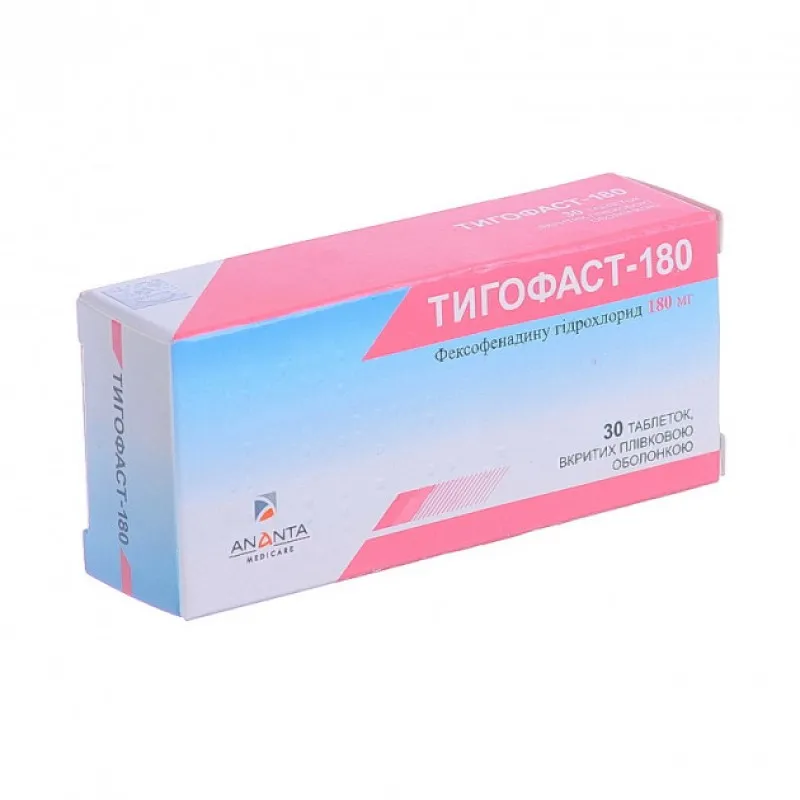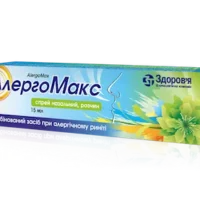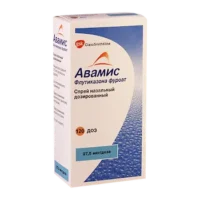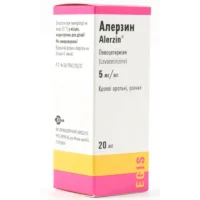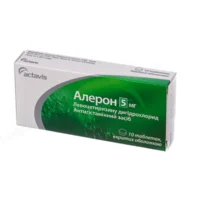Description
Tigofast-180 (Fexofenadine Hydrochloride) Coated Tablets 180 mg. №30
Ingredients
- Active ingredient: Fexofenadine hydrochloride 180 mg.
- Other ingredients: microcrystalline cellulose, corn starch, croscarmellose sodium, magnesium stearate, povidone, titanium dioxide, talc, colloidal silicon dioxide.
Dosage
Adults and children over 12 years: Take 1 tablet daily with water. Do not exceed the recommended dosage.
Indications
Tigofast-180 tablets are indicated for the relief of symptoms associated with seasonal allergic rhinitis and chronic idiopathic urticaria.
Contraindications
Do not use Tigofast-180 tablets if you are allergic to fexofenadine or any other ingredients in the product. Consult your healthcare provider before use if you are pregnant or breastfeeding.
Directions
Take Tigofast-180 tablets orally as directed by your healthcare provider. Do not crush or chew the tablets. If you miss a dose, take it as soon as you remember.
Scientific Evidence
Fexofenadine, the active ingredient in Tigofast-180 tablets, is a second-generation antihistamine that selectively antagonizes the histamine H1 receptor. Studies have shown that fexofenadine is effective in relieving symptoms of allergic rhinitis and chronic urticaria with minimal sedative effects compared to first-generation antihistamines.
Additional Information
Fexofenadine exerts its pharmacological effects by blocking the action of histamine, a chemical mediator involved in allergic reactions. By inhibiting histamine binding to H1 receptors, fexofenadine helps alleviate symptoms such as sneezing, itching, and nasal congestion.
- Clinical trials have demonstrated the efficacy of fexofenadine in improving quality of life and reducing symptoms in patients with allergic rhinitis and chronic urticaria.
- A study published in the Journal of Allergy and Clinical Immunology found that fexofenadine provided significant relief from nasal congestion and itching compared to a placebo.

